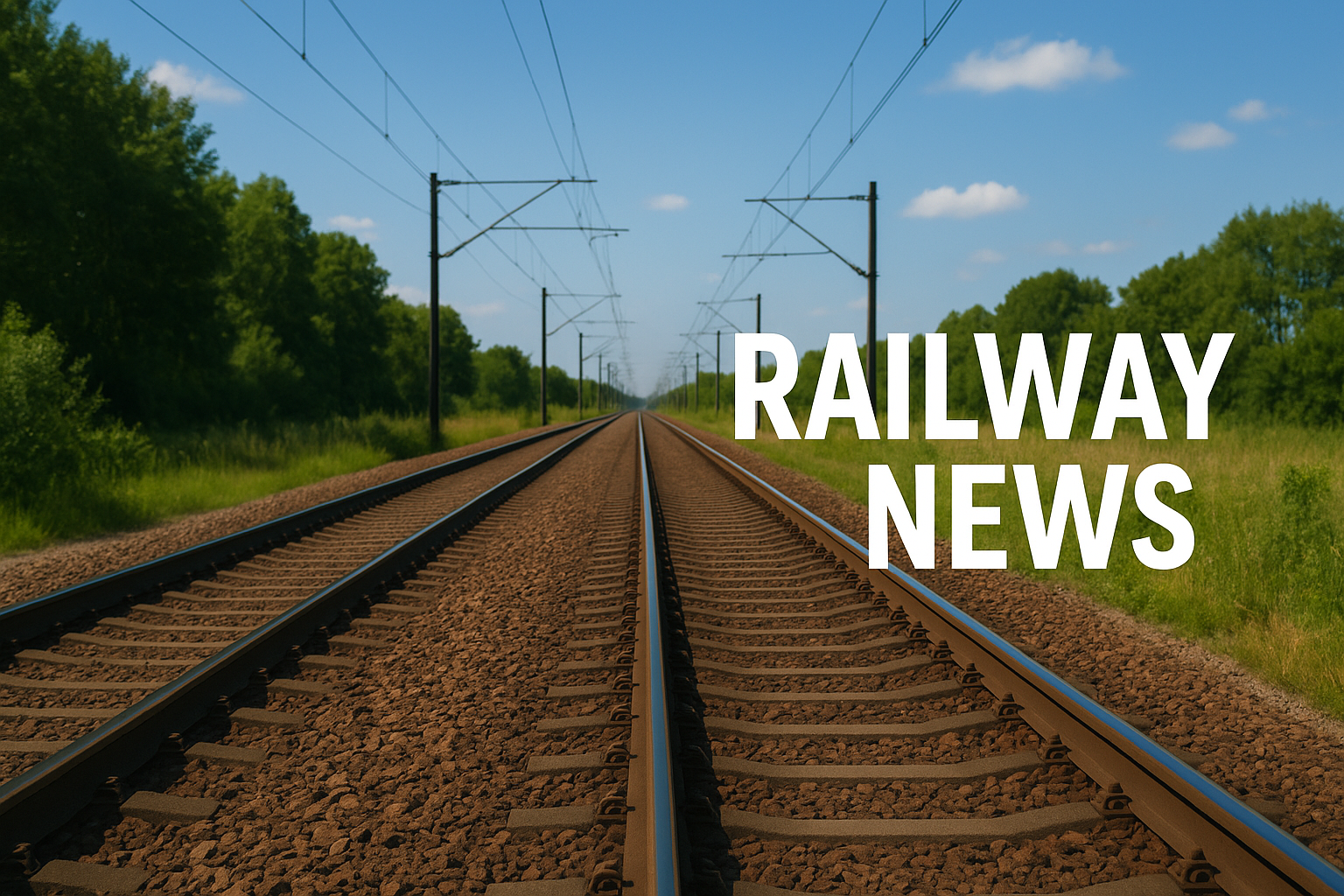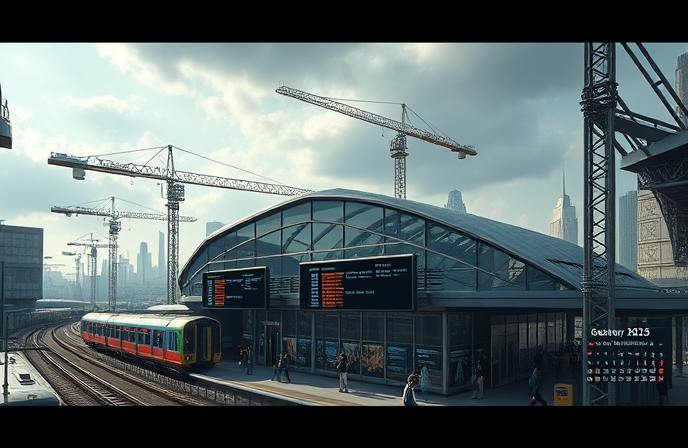Izmir Metro: EBRD’s €125M Green City Investment

Introduction
This article examines the significant investment by the European Bank for Reconstruction and Development (EBRD) in Izmir, Turkey’s public transportation infrastructure, specifically focusing on the construction of a new metro line in the Buca district. The €125 million loan represents a crucial step in addressing Izmir’s growing transportation challenges and its commitment to sustainable urban development. The project’s scope extends beyond simply providing a new mode of transport; it aims to alleviate traffic congestion, reduce greenhouse gas emissions, and improve the overall quality of life for the approximately 500,000 residents of Buca. This analysis will explore the multifaceted benefits of this metro line, its integration within the existing transport network, the environmental impact, and its alignment with broader urban planning strategies within the context of the EBRD’s Green Cities program. The EBRD’s historical involvement in Izmir’s infrastructure projects and similar initiatives in other countries will further contextualize the significance of this investment. We will examine the long-term implications of this initiative for the city’s economic development and sustainable growth.
Sustainable Urban Transportation Solutions
The Izmir metro project is a prime example of a sustainable urban transportation solution. The new line will replace high-emission modes of transport, significantly reducing greenhouse gas emissions by an estimated 50%. This aligns directly with global efforts to mitigate climate change and promote environmentally friendly urban planning. Furthermore, the integration of the metro line with existing bus, suburban rail (commuter rail), and tram networks creates a comprehensive and efficient public transportation system. This interconnectedness enhances mobility for residents, reducing reliance on private vehicles and contributing to decreased traffic congestion and noise pollution. The project’s success hinges on effective integration, efficient scheduling, and seamless transfers between different modes of transportation. Careful consideration must be given to fare structures, accessibility for all demographics, and ensuring that the network is robust and reliable.
Economic and Social Impacts
Beyond the environmental benefits, the Izmir metro project boasts significant economic and social advantages. The construction phase alone will generate considerable employment opportunities, stimulating local economic growth. The improved transportation infrastructure will attract further investment, making Buca a more appealing location for businesses and residents alike. The enhanced connectivity will facilitate commuting and access to jobs, education, and healthcare, directly improving the quality of life for the city’s residents. Improved accessibility to employment and services will benefit residents across all demographics, particularly the socioeconomically disadvantaged.
Integration within the Existing Transport Network
The success of the Izmir metro depends heavily on its seamless integration with the city’s existing transport network. The project is designed to function as a crucial connecting link between municipal bus routes, suburban rail lines, and the tram system. This interoperability is crucial for maximizing the efficiency and effectiveness of the entire system. Effective integration requires careful coordination of schedules, ticketing systems, and accessibility across different modes of transport. Technological advancements, such as smart ticketing and real-time passenger information systems, are crucial in facilitating a unified and user-friendly experience for passengers. Furthermore, adequate infrastructure to facilitate seamless transfers between different transport modes, such as dedicated pedestrian walkways and well-signed interchanges, is vital.
EBRD’s Role in Sustainable Infrastructure Development
The EBRD’s involvement in the Izmir metro project demonstrates its commitment to promoting sustainable infrastructure development in emerging markets. The €125 million loan is part of a broader strategy under the EBRD’s Green Cities program aimed at supporting municipalities in tackling their most pressing environmental challenges. The bank’s previous investments in Izmir’s infrastructure, including funding for new metro vehicles and ferry services, underscore its long-term commitment to the city’s sustainable development. This consistent engagement highlights the EBRD’s strategic approach to long-term infrastructure investments and its focus on integrated sustainable urban development strategies. This holistic approach, emphasizing not just individual projects but also their interconnectedness, is key to driving long-term sustainable urban development.
Conclusions
The EBRD’s €125 million loan for the construction of the new metro line in Izmir’s Buca district represents a significant investment in sustainable urban transportation. This project offers multifaceted benefits, extending beyond simply providing a new transport mode. By replacing more polluting transportation options and integrating seamlessly with existing networks, the metro promises to nearly halve greenhouse gas emissions in the Buca district. The project is not merely an environmental initiative; it stimulates economic growth through job creation and attracts further investment. The improved connectivity enhances social equity, improving access to jobs, education, and healthcare for residents. The EBRD’s involvement underscores its commitment to sustainable infrastructure development and its long-term partnership with Izmir. The success of this project hinges on effective integration with existing transport systems, efficient operations, and accessible services for all. The holistic approach to urban development, encompassing environmental, economic, and social considerations, exemplified by the Izmir metro project, serves as a model for other cities facing similar challenges. This initiative demonstrates that sustainable infrastructure development can drive economic growth, enhance social equity, and mitigate the environmental impact of rapid urbanization. The EBRD’s continued commitment to such initiatives globally is crucial for fostering sustainable and inclusive urban development worldwide. The long-term impact of this project extends beyond the immediate benefits; it establishes a blueprint for creating environmentally friendly, economically vibrant, and socially inclusive urban environments. It’s a model of how investments in sustainable transportation can become a catalyst for positive and widespread transformation.


